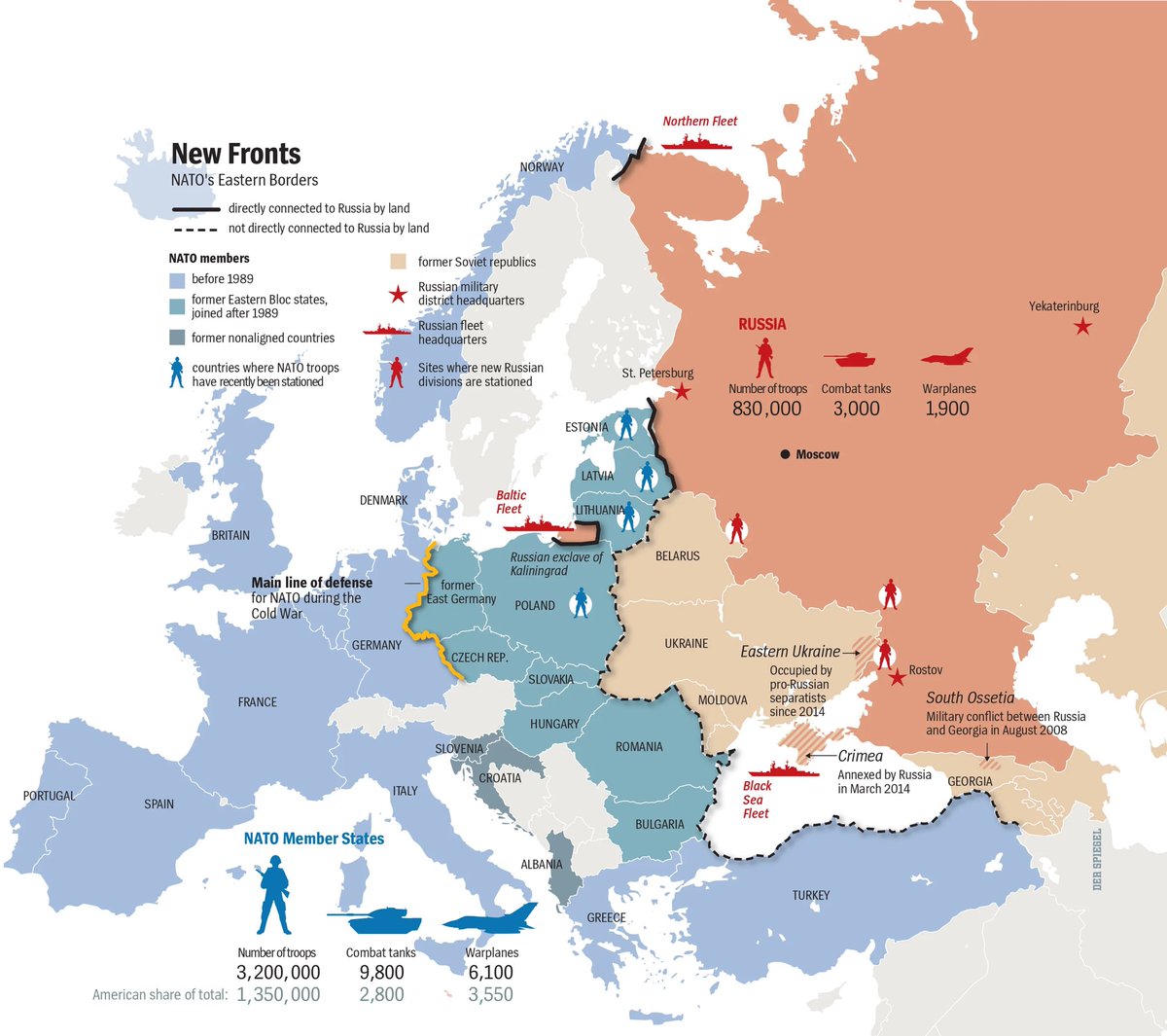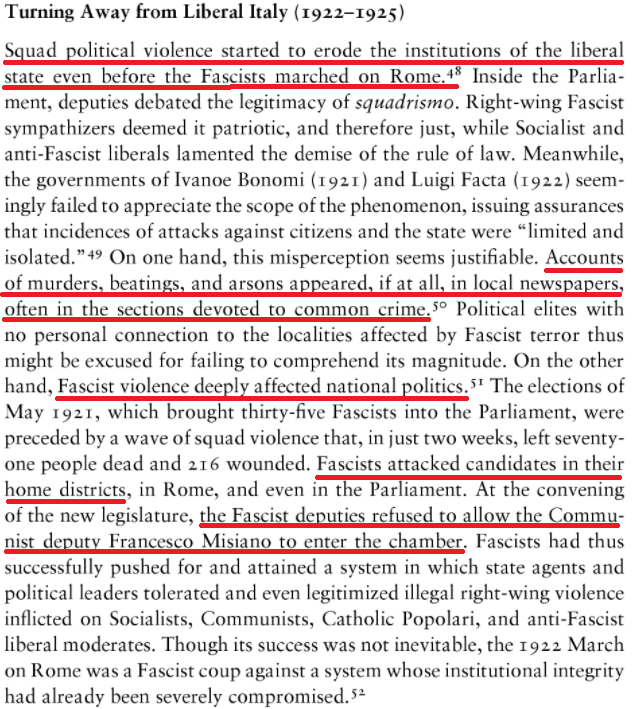
Will Putin fall?
At the moment, Metaculus, a website aggregating individual forecasts, gives a 20% chance of this happening by Feb 2023.
So: popular uprising, coup or hardening of the regime? A few quick considerations. 🧵
At the moment, Metaculus, a website aggregating individual forecasts, gives a 20% chance of this happening by Feb 2023.
So: popular uprising, coup or hardening of the regime? A few quick considerations. 🧵

First it is important to understand the nature of the Russian regime. Seemingly on the path to democratisation after 1989, Russia has progressively become more & more authoritarian while retaining some democratic features (e.g. access to internet) which limit the regime’s power.
https://twitter.com/page_eco/status/1492851960059346944
The growing authoritarianism seems however to have transformed Russia in a very personal dictatorship centred around Putin. So what could happen?
slate.com/news-and-polit…
slate.com/news-and-polit…

Popular uprising?
The West is hoping for massive demonstrations to take place in Russia. “Why are they not demonstrating in mass they could overrun the police forces” one can wonder. The key problem of popular uprising is to solve a coordination problem.
press.princeton.edu/books/paperbac…
The West is hoping for massive demonstrations to take place in Russia. “Why are they not demonstrating in mass they could overrun the police forces” one can wonder. The key problem of popular uprising is to solve a coordination problem.
press.princeton.edu/books/paperbac…

Demonstrations appear when people get confident that others are going to participate. A very emotionally charged event like the unnecessary invasion of a culturally close country, an acute economic crisis, and the loss of lives could tilt the scales to larger demonstrations. 

The success of such a scenario in Russia is uncertain. There are certainly strong democratic aspirations, but the bulk of the population is maintained in a fog by the main media. Social media can make a difference, but will it be enough to trigger large protests?
https://twitter.com/irgarner/status/1498334397904441344
The key is to reach the tipping point where the regime forces start doubting. If limited, protests could instead lead to a tightening of the police state. The most unpredictable & dangerous situation would be sizeable but not large enough protests (100k).
journals.uchicago.edu/doi/epdf/10.23…
journals.uchicago.edu/doi/epdf/10.23…

Coup?
Russia has grown into a single man dictatorship. But any non-democratic regime relies on a coalition. If the oligarchs decided to drop Putin, they could. The evidence suggests it is a one man adventure. Why don’t they drop him?
Russia has grown into a single man dictatorship. But any non-democratic regime relies on a coalition. If the oligarchs decided to drop Putin, they could. The evidence suggests it is a one man adventure. Why don’t they drop him?
https://twitter.com/DAlperovitch/status/1497966928815603715
First they have to solve the same coordination problem as the demonstrators. If you all agree to remove Putin, fine. But it is risky. The extraordinary actions from Putin—and the fact that he isolates himself—may help them up the chatter to the point they can coordinate.👇 

In this one man regime, everything relies on Putin’s presence. If they get rid of him, the system could collapse taking them too in its fall. The Russian oligarchs are in the same plane as Putin and he may be the only one who can pilot it. 

Hardening of the regime?
It is a real possibility, like in Belarus. The coalition around Putin, may prefer to go all-in instead of risking regime change. There would be a progressive elimination of the remaining democratic aspects in society, like free access to internet.
It is a real possibility, like in Belarus. The coalition around Putin, may prefer to go all-in instead of risking regime change. There would be a progressive elimination of the remaining democratic aspects in society, like free access to internet.
https://twitter.com/andrew__roth/status/1498724338287132678
So what are the chances of Putin falling? Given the different challenges to regime change, I think around 20% is a fair guess. It is possible, but not the most likely.
One thing for sure, Putin has taken a huge risk for his regime and the future is very uncertain.
One thing for sure, Putin has taken a huge risk for his regime and the future is very uncertain.
You may wonder what this 20% mean since Putin will either fall or he will not. So I’ll leave with this astute observation from Bertrand Russell.
End/
End/
https://twitter.com/page_eco/status/1494294875394953223
• • •
Missing some Tweet in this thread? You can try to
force a refresh
















